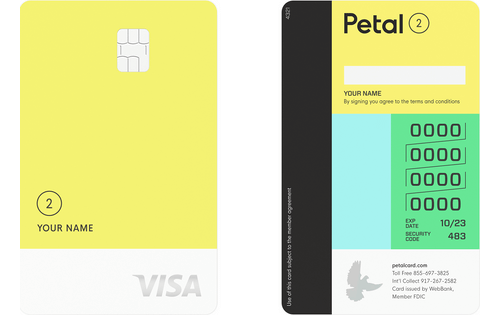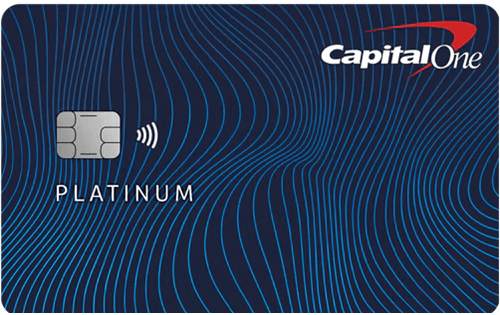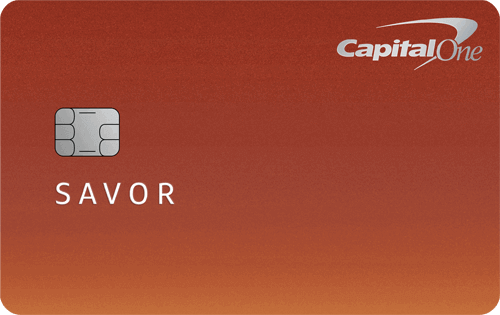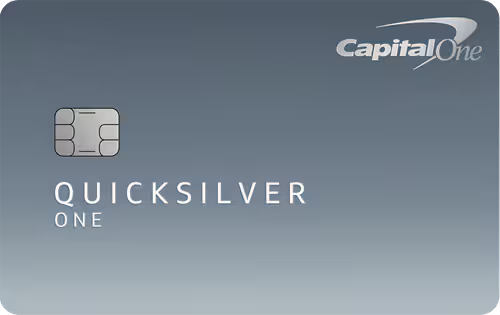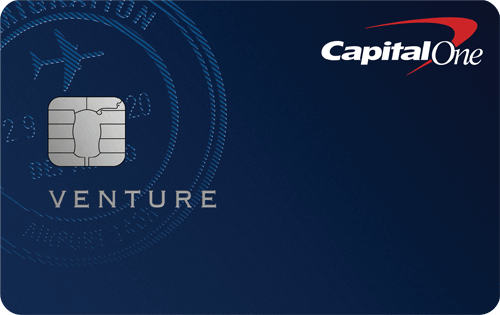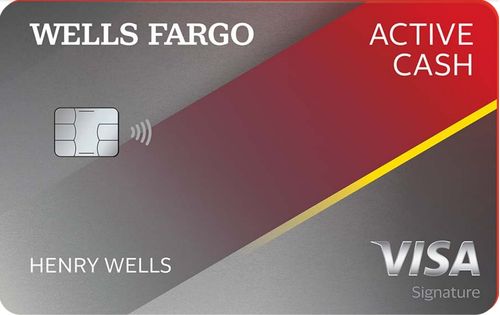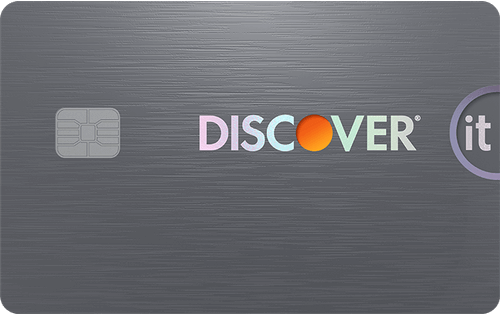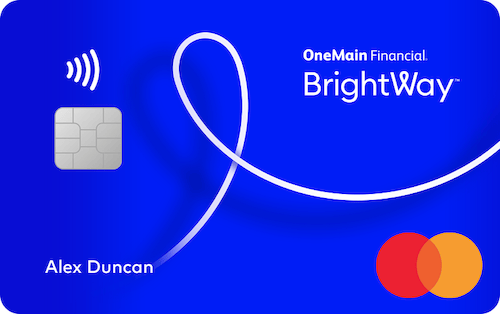- Best credit cards for young adults: Top tips for 2025
- Best credit cards for young adults compared
- Methodology
- Sources
- Beginner’s Guide to Credit Cards for Young Adults
- About the author
- User questions & answers
Best Credit Cards Tips for Young Adults
Using a credit card responsibly and getting the most out of it can be tough for anyone, let alone young adults with limited experience. But if you prepare yourself and take certain precautions, you can minimize the risk and maximize the benefit. Below, you’ll find some of WalletHub’s top tips for doing just that.
Get a Credit Card as Soon as Possible
Putting off your credit card application is a bad idea because it simply delays your credit-building efforts. A credit card is the most efficient credit-improvement tool available because it reports information to the major credit bureaus on a monthly basis and can be free to use. As long as your account is in good standing, the information that gets reported will be positive and your credit score will rise. Your account will stay in good standing if you pay your bill on time each month or if you don’t make any purchases and simply maintain a balance of zero. In other words, you don’t actually need to use a credit card to build credit with one.
Set Up Automatic Monthly Payments
Payment history is the biggest component of a credit score, and setting up automatic monthly payments from a bank account is the easiest way to make sure you don’t lose credit just because you have a lot going on. That’s especially important for young adults, who often have a lot of new obligations. Just make sure you always have enough money in your bank account to cover at least your card’s minimum monthly payment.
Use Less Than 30% of Your Credit Limit
The amount of a credit card’s spending limit that you use each month, also known as your credit utilization, is an important ingredient in your credit score and one of the easiest to control. Credit utilization is calculated using the balance listed on your monthly statement, so in addition to spending less and making a bigger payment each month, you can reduce your credit utilization by paying a credit card’s bill multiple times per month.
Review Your Transactions Each Month
Luxuries can quickly become necessities if you aren’t careful. Plus, avoiding debt and maximizing savings are key when you’re young because you want compounding – interest applying to interest that’s already been assessed – to work for you, rather than the other way around. You don’t want to wind up paying for fraudulent purchases, either. These are all good reasons to at least scan the purchases listed on your monthly credit card statements.
Keep an Eye on Your Credit Score
You may be able to improve your credit score enough to qualify for an even better credit card in a matter of months. Watching your credit score rise will help you determine when the time is right to apply. And you can always check your latest credit score on WalletHub, the only site with free daily updates.
To help young adults get started with credit on the right foot, we compared more than 1,500 credit card offers based on their rewards, rates, fees and approval requirements. This allowed us to select the best credit cards for young adults of all types, from those with good credit to those with limited, or even damaged, credit. For your convenience, we’ve summarized our selections below.
Best Credit Card for Young Adults Compared (October 2025)
| Card | Best For | Annual Fee | Min Credit Required |
| Petal® 2 Visa® Credit Card | Overall | $0 | Limited History |
| Discover it® Secured Credit Card | Secured | $0 | Bad |
| Wells Fargo Active Cash® Card | Good Credit | $0 | Good |
| Capital One QuicksilverOne Cash Rewards Credit Card (see Rates & Fees) | Cash Back | $39 | Limited History |
| Capital One Venture Rewards Credit Card (see Rates & Fees) | Young Professionals | $95 | Good |
Methodology for Selecting the Best Young Adult Credit Cards
 To identify the best credit cards for young adults and then maintain the list over time, WalletHub’s editors regularly compare 1,500+ credit card offers based on approval requirements, rewards, fees, APRs, special features and other WalletHub Rating components.
To identify the best credit cards for young adults and then maintain the list over time, WalletHub’s editors regularly compare 1,500+ credit card offers based on approval requirements, rewards, fees, APRs, special features and other WalletHub Rating components. How Two-Year Cost Is Calculated
Two-year cost is used to approximate the monetary value of cards for better comparison and is calculated by combining annual and monthly membership fees over two years, adding any one-time fees or other fees (like balance transfer fees), adding any interest costs, and subtracting rewards. Negative amounts indicate savings. When fees or other terms are presented as a range, we use the midpoint for scoring purposes.
Rewards bonuses and credits have been taken into account for two-year cost calculations. However, bonuses applicable to only a very small portion of cardholders are not considered. For example, credits and bonuses awarded for spending or redeeming rewards through a company portal with non-co-branded cards have not been taken into account. Similarly, bonuses and credits related to spending with specific merchants using a non-co-branded card have not been taken into account (for example, if Card A offers credits with DoorDash, this feature would not be factored into calculations because it is hard to assess how many cardholders would use the benefit or exactly how much value they'd get from it).
Cardholder Spending Profiles
Given that different users have different goals and are likely to use their credit cards differently, we identified spending profiles that are representative of different users’ financial priorities and behaviors. For each cardholder type, we have assumed a specific amount of monthly spending by purchase type (e.g., groceries, gas, etc.), as well as an average balance, balance transfer amount, amount spent on large purchases and average monthly payment. Spending assumptions are based on Bureau of Labor Statistics data.
Sources
WalletHub actively maintains a database of 1,500+ credit card offers, from which we select the best credit cards for young adults for different applicants as well as derive market-wide takeaways and trends. The underlying data is compiled from credit card company websites or provided directly by the credit card issuers. We also leverage data from the Bureau of Labor Statistics to develop cardholder profiles, used to estimate cards’ potential savings.
Beginner’s Guide to Credit Cards for Young Adults
Should a Young Adult Get a Credit Card?
Yes, a young adult should get a credit card, as credit cards can be a valuable tool for building credit, which is essential for getting approved for future credit accounts such as auto loans and mortgages, as well as other opportunities like getting an apartment or even a job. Young adults simply need to adopt responsible financial habits in order to use a credit card the right way.
You need to:
- Pay your credit card bill on time to avoid late fees, higher interest rates, and possible credit score damage.
- Pay your bill in full by the monthly due date to avoid interest charges completely.
- Keep your credit utilization low to demonstrate that you’re not overly reliant on credit. This can make you more attractive to lenders, potentially leading to lower interest rates and higher credit limits in the future.
- Avoid overspending, which can lead to maxed-out credit cards, high balances, and costly interest charges, making it harder to manage your account.
Keep in mind that there are potential risks if you mismanage your account. Using your credit card irresponsibly can lead to high-interest debt, late fees, and damage to your credit score. But these outcomes are easily avoidable. Even if you do make mistakes, the beauty of getting a credit card as a young adult is that you have plenty of time to turn your financial picture around.
Learn more about getting a credit card.
Pros and Cons of Credit Cards for Young Adults
| Pros | Cons |
| Convenient and easier to carry than cash | Easy to rack up debt that can be difficult to repay |
| Opportunity to build a strong credit profile early | High interest rates |
| May offer features like 0% interest promotions and rewards, including one-time bonuses for new cardholders | Low credit limits |
| Grace periods allow you to pay off your balance in full without interest charges | Damage to your credit score if you mismanage the account |
| Easy to shop online and reserve hotels/rental cars | Fees can add up |
| $0 fraud liability guarantee | Short term hit on your credit when you open a new account |
The benefits of owning a credit card far outweigh any shortcomings, since the downsides are avoidable by doing things like setting up automatic monthly payments. In addition to the obvious perks like credit building, convenience and valuable rewards, credit cards also provide useful features such as fraud protection, emergency cash, and cheap currency conversion.
Learn more about the pros and cons of credit cards.
How Can I Build My Credit Score as a Young Adult?
You can build credit as a young adult by opening a credit card account once you turn 18 years old. If you use it responsibly, this will add positive information to your credit report on a monthly basis. Secured credit cards, unsecured credit cards for limited credit, and student credit cards are all good starting points.
- Secured credit cards are generally easy to get and require a security deposit. Your credit limit usually equals the amount of your deposit, which is fully refundable when you close the account in good standing.
- Credit cards for limited credit generally don’t require you to place a deposit to open the account, but be on the lookout for cards with high fees and interest rates.
- Student credit cards may offer rewards and other features not readily available to non-students with limited credit.
- You could also ask a family member to make you an authorized user on their credit card account, as that can help you build positive credit history without being liable for payments.
You should also monitor your credit score regularly to check your progress and make sure there are no errors on your credit report. Start by signing up for a free WalletHub account, where you can access your credit score and credit report, updated daily.
Learn more about how to build credit.
